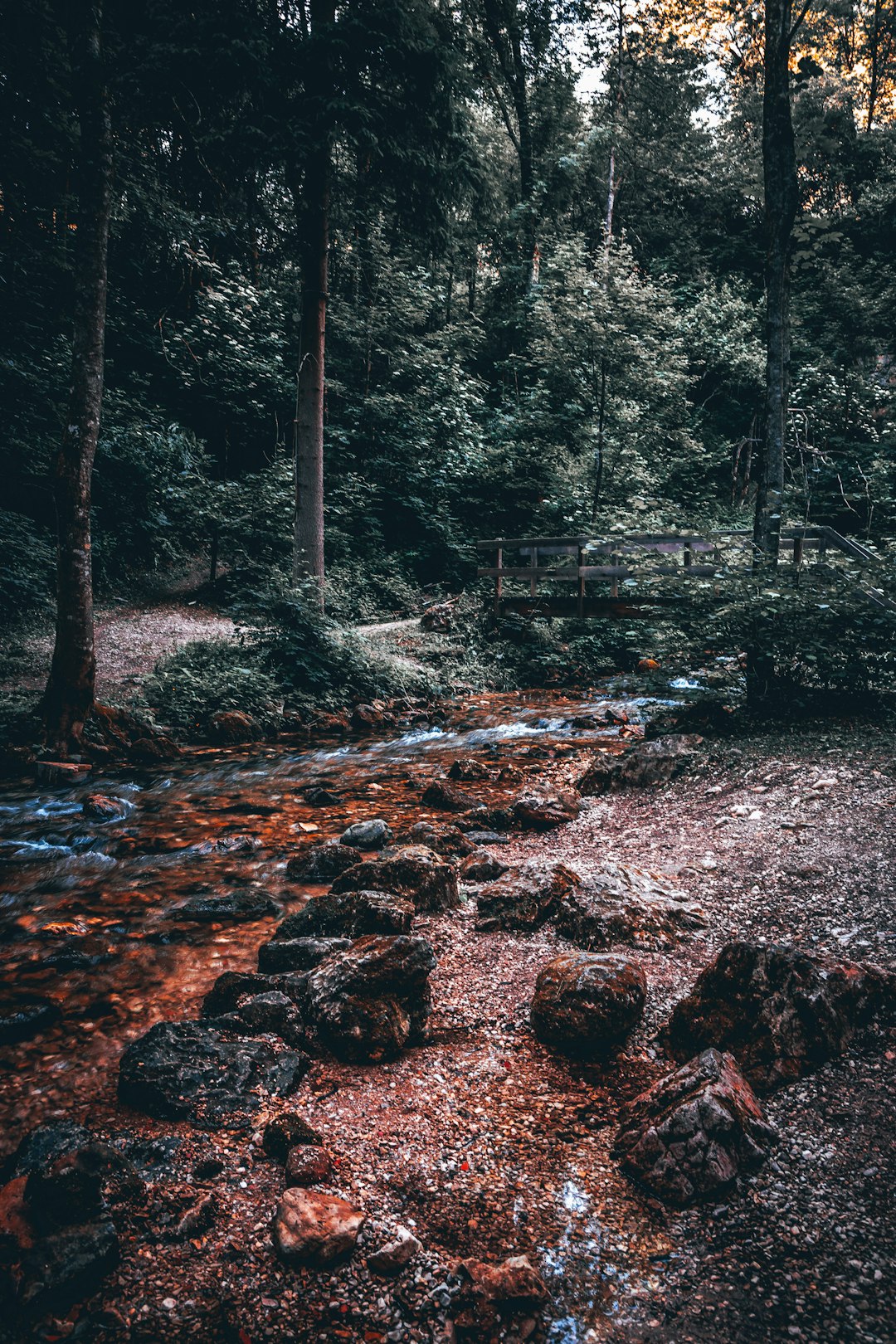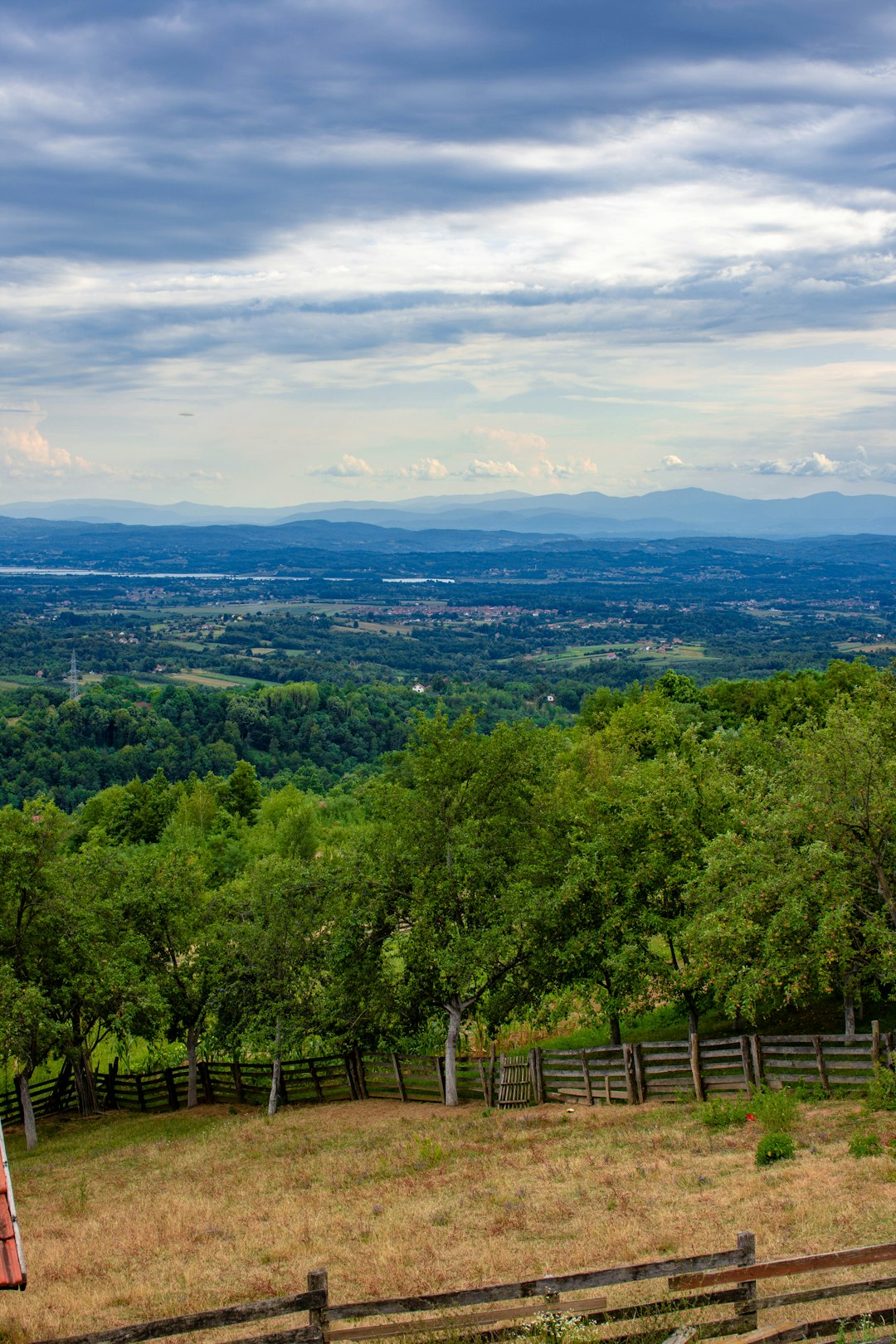

Impression are key in realty, and this stands even truer in the competitive Hawaiian market. Beginning by tackling any required repairs— both significant and minor. A leaky tap or a squeaky door may not feel like a dealbreaker, however it can be a turn-off for prospective buyers. Make certain the residential or commercial property’s facilities, such as a/c or a pool, are in top-notch condition, as these are extremely valued in the tropical climate.
Staging your home can additionally play a critical function. Enhance the natural charm of your surroundings by taking full advantage of all-natural light and matching the interior with exotic plants. Keep in mind, buyers aren’t simply buying 4 walls and a roofing system; they’re getting right into a way of living— one that’s synonymous with relaxation and all-natural elegance.
In addition, think about an expert examination. Not only does this demonstrate openness, yet it additionally provides you an opportunity to address issues prior to they appear in purchaser inspections, perhaps hindering a deal in the future.
Marketing land in Hawaii could represent among the a lot more significant economic deals you take part in. Undoubtedly, the choice to market is never ever made lightly, and it's essential to approach this task with a singularity of function and prep work. To convert your land right into quick cash money, you have to provide your residential or commercial property as not just a tract but as a portal to the lifestyle and peacefulness that Hawaii promises.
It's necessary to recognize that selling land varies considerably from marketing developed residential or commercial properties. A residence supplies tangible credit to entice customers, such as bed rooms, shower rooms, and kitchen areas, yet land sales are frequently about the potential and the dream. When marketing your land, you need to highlight not simply the physical attributes however additionally the capacity of what the land might become, whether that's an exclusive residence, an industrial advancement, or a boutique agricultural venture.
Furthermore, engaging with a property representative that has a tested track record in land sales, especially within Hawaii, is paramount. They can lead you via the functional steps of marketing your land, from preliminary listing to the final handshake. This is crucial for vendors that are searching for rapid cash, as an experienced agent can expedize the process significantly.
Prospective customers take heed; the mission for your Hawaiin dream residential property requires diligent research study and an understanding of both the marketplace and your desires. Protecting a seasoned neighborhood real estate agent isn’t just advised, it's important. They are familiar with the nuances of the regional market and can provide touching understandings that contribute in your decision-making procedure.
Additionally, it's a good idea to have a clear vision of your spending plan, in addition to your intention for the land. Whether you're wanting to construct a home to reside in or to create a commercial endeavor, your purposes will greatly shape the land you need to think about. It’s important to analyze the infrastructure and accessibility to energies on any kind of potential property, as these factors can considerably influence both your budget and timeline.
Lastly, factor in the price of possession past the acquisition cost, consisting of property taxes, prospective homeowners organization charges, and maintenance prices. Hawaii is a dream, but it's crucial that your budget plan stays firmly based in truth.


Exploring the legitimacies of land ownership in Hawaii can really feel as complicated as browsing an ancient Hawaiian jungle. One one-of-a-kind feature of the Hawaiian realty landscape is the occurrence of leasehold residential or commercial properties. This means that buyers may buy the framework built on the land, while the land itself stays leased for a particular period.
Freehold possession, or 'Cost Simple,' on the other hand, entails the complete ownership of both the land and any type of frameworks upon it. Recognizing the differences between these two and the lasting implications they may have on your investment is definitely important.
It's likewise important to keep in mind the visibility of 'Conservation Districts,' which are managed areas planned to protect considerable natural deposits and communities. If your land lies within these bounds, there will certainly be added limitations and guidelines for its use.
Tourist unquestionably gas Hawaii's economy, which by expansion, puts in a powerful impact on property values. The islands' proceeded popularity as a getaway destination can cause enhanced need for land, driving real estate costs northward. Growth projects aimed at accommodating the increase of visitors— such as resorts, hotels, and enjoyment complicateds— can additionally rise surrounding land values.
Nonetheless, with chance comes danger. Overdevelopment can possibly water down the extremely charm that draws people to Hawaiian shores, bring about a perilous balancing act in between financial growth and preservation. This is a vital consideration for any capitalist seeking to take advantage of tourism-driven growth.
In addition, the ebbs and flows of global travel fads, which may rise and fall due to economic recessions or wellness dilemmas, can also influence the market. Astute financiers will certainly need to consider these aspects when establishing the timing and nature of their financial investments.


At the heart of Hawaiian culture lies the Aloha Spirit— an approach of mutual respect and affection, prolonging beyond the people to incorporate the land itself. As we witness the ebullient development and advancement, there increases an ask for responsible stewardship to ensure the preservation of this spirit.
Engaging with the community and understanding typical Hawaiian customizeds and worths can shed light on sustainable practices that honor the land. Incorporating contemporary growth with typical worths not just respects the heritage however can likewise reverberate positively with locals and visitors alike, developing a more extensive and authentic Hawaiian experience.
Most importantly, ensuring that growth does not infringe on the rights and livelihoods of indigenous Hawaiian populaces is not simply a legal matter yet an ethical one also. This harmony between progress and conservation is where we may find the truest type of success in Hawaii’s property ventures.
In conclusion, the journey to having land in Hawaii is filled up with wonder and fraught with intricacy. Accepting the Aloha Spirit in your real estate ventures doesn’t simply close a transaction however weaves you right into the complex tapestry of Hawaii's social landscape. Whether pulled in by the islands' all-natural greatness or the flourishing tourism market, browsing this surface needs respect, understanding, and a determination to discover the nuances that make Hawaiian realty as unique as the islands themselves. With considered preparation, professional recommendations, and a respectful approach, your slice of heaven in Hawaii isn't just a dream— it's a possibility.
Coming close to the goal in buying Hawaiian land, it's vital to make certain a smooth deal. This wrapping up step needs exact control and a clear understanding of the purchasing process. One important tip for a seamless close is to set practical period, acknowledging the reality that residential or commercial property transactions have a tendency to take longer in Hawaii than on the landmass due to regulative and logistical intricacies.
Clear communication between all celebrations is extremely important. This involves all stakeholders — from your realty representative and attorney to loan providers and escrow police officers. Preserving an open dialogue will certainly assist in better understanding and reliable handling of the numerous actions associated with sealing the deal.
Lastly, be gotten ready for the economic aspect of closing. Understanding all the costs included, consisting of escrow fees, title insurance, and property taxes, will protect against any type of surprises. Also, ensure all papers are carefully assessed before signing; this is where your lawyer's competence comes to be essential, guarding your rate of interests as you formally end up being a landowner in the Hawaiian Islands.
To conclude, purchasing land in Hawaii can be a fulfilling venture, supplying the best dream of island living. Yet it requires thorough preparation, considerable due diligence, and an intimate understanding of the unique Hawaiian residential or commercial property market. By meticulously thinking about the insights provided in this discussion and adhering to the standards described, you will certainly be well-positioned to finish your purchase with self-confidence and embark on the amazing journey of owning a piece of Hawaiian heaven.

Selling your land may involve capital gains tax and transfer taxes; consulting with a tax advisor is recommended to understand your obligations.
Selling with flexible terms like owner financing may attract more buyers quickly who prefer non-traditional financing methods.
While not mandatory, hiring an experienced real estate agent can help expedite the sale process and ensure you get the best possible price.
You can get a professional appraisal, compare recent sales of similar properties in your area, or consult with a real estate agent specializing in land sales.
Yes, but any outstanding property taxes will need to be settled at closing from the proceeds of the sale.